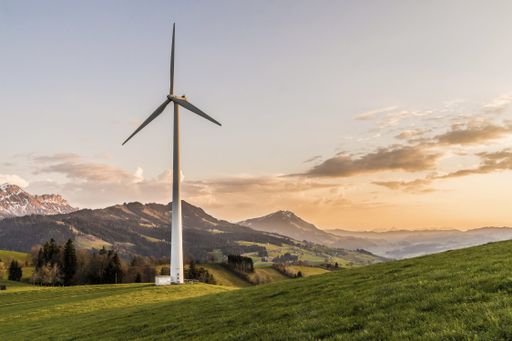Red alert in Antarctica: the year rapid, dramatic change hit climate scientists like a ‘punch in the guts’
Study after study showed the breakdown of climate systems taking place much earlier than foreseen, with potentially catastrophic results

A Year of Dramatic Change
Scientists and policymakers around the world were shocked by the rapid and dramatic changes that occurred in Antarctica this year. These shifts raise serious concerns about the immediate health of the continent and suggest that longer-term transformations linked to the climate crisis have started much sooner than expected.
One major change that occurred was a crash in Antarctic sea ice cover, which reached a level so far below anything else on record that scientists struggled to describe it. This drop in sea ice could have led to a catastrophic breeding failure among emperor penguins, with thousands of chicks potentially dying due to the loss of stable sea ice.
Additionally, the east Antarctic region, known as the coldest place on Earth, experienced what scientists believe is the largest heatwave ever recorded. Temperature readings peaked at 39 degrees Celsius above normal, further exacerbating concerns about the state of the continent.
Implications for Wildlife and Global Impact
The changes in Antarctica have significant ramifications not only for local wildlife but also for people around the world. For example, a study published in Nature found that meltwater from the continent's ice sheets could dramatically slow down the Southern Ocean overturning circulation by 2050 if greenhouse gas emissions continue at their current level. This deep ocean current affects global weather patterns, ocean temperatures, and nutrient levels.
Furthermore, research suggests that accelerated melting of ice shelves over the Amundsen Sea in west Antarctica is locked in and beyond human control for the rest of this century, even with significant emissions reductions. This tripling pace of melting compared to last century poses a major threat to the stability of the west Antarctic ice sheet, which could contribute to a five-meter rise in global sea levels if lost entirely.
In addition to these concerns, the arrival of bird flu in the sub-Antarctic region for the first time raises fears of potential ecological disasters if it continues to spread. Despite these crises, a meeting of 26 national governments on the Antarctic marine environment failed to agree on new conservation areas.
Urgency and Call to Action
Scientists and experts emphasize the urgent need for leaders to understand the global impact of the changes occurring in Antarctica and the level of work and funding needed to address them. While the fate of the west Antarctic ice sheet may be uncertain, decisive action can still help mitigate other climate impacts. It is crucial for leaders to recognize that the effects in Antarctica will ultimately affect everyone, regardless of how far away or uninhabited the continent may seem.
Researchers continue to study Antarctica and its changing climate to gain a better understanding of the situation. By examining ice cores and comparing past climates with the present, scientists hope to shed light on the future trajectory of the continent. It is a challenging task, but one that is necessary to ensure the long-term stability and survival of Antarctica and its ecosystems.
Overall, 2023 has been a wake-up call for scientists, policymakers, and the global community. The urgency of addressing climate change and its effects on Antarctica has never been more apparent, and it is crucial that decisive action is taken to preserve the continent and mitigate the potential catastrophic consequences of further warming.

